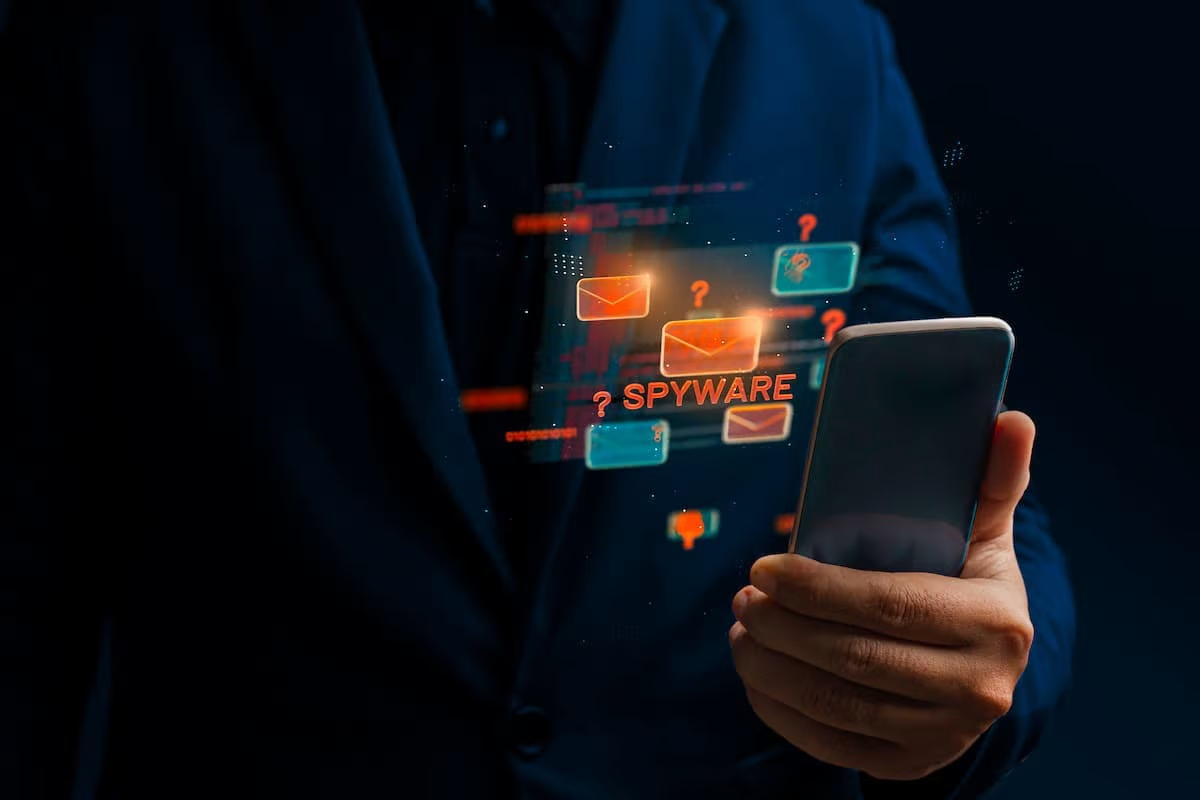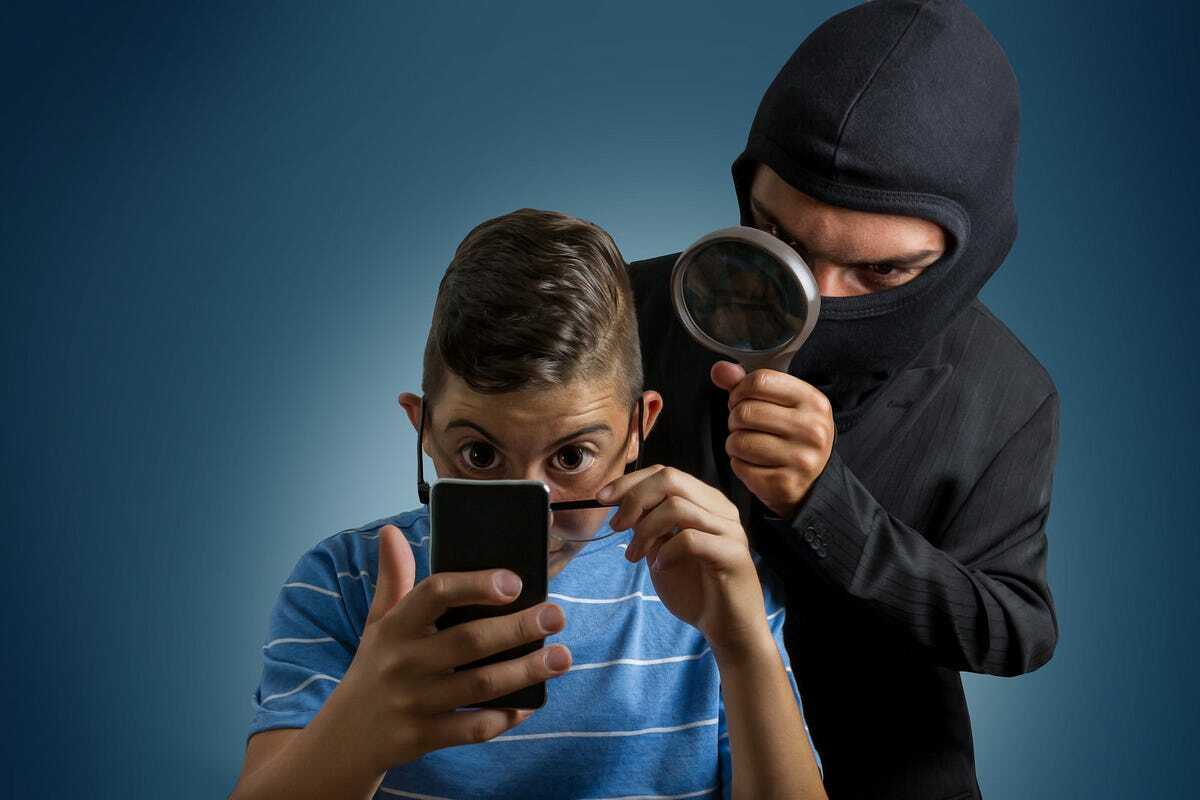It is virtually impossible to completely protect yourself from surveillance via your own smartphone.
Information from smartphones and computers leaks constantly in varying amounts, and we need to take a calm approach to this, observing the rules of digital hygiene to minimise the volume of leaks, said Sergey Zolotukhin, a cybersecurity expert at F6.
According to the expert, all spies who monitor users can be divided into several groups.
- Pro-state hackers and groups that spy on behalf of their countries.
- Owners and operators of programme stealers, for whom stealing sensitive information and selling it is a way to make money.
- Owners of botnets who can transfer control of devices in their botnet to interested parties, for example, for DDOS attacks.
- Employers who are interested in controlling their employees’ devices for various purposes.
- Sometimes spy services are installed on devices by close associates: relatives, friends, for example, on the devices of elderly relatives or children.
- Advertising services that track customers in order to show them targeted advertising.
There are several signs that can help you recognise that your phone is being tapped or your camera is being monitored.
For example, the gadget may start to overheat, and the device’s battery may start to drain faster than usual. Poor performance, freezing, and frequent reboots of the device are also signs of spying. Random app launches, increased data transfer, and mobile internet traffic should also raise suspicion, the expert said.
‘If you think you are being monitored through your phone, you may not be imagining things. It is virtually impossible to completely protect yourself from surveillance by your own mobile devices, as “mobile espionage” is essentially a built-in feature of mobile operating systems,’ Zolotukhin noted.
According to the F6 specialist, surveillance can be minimised by following the rules of digital hygiene: do not install applications from unverified sources; do not open files and links from suspicious messages; update applications and the smartphone operating system in a timely manner; carefully check the permissions requested by apps and do not give them unnecessary access; Delete unused apps. Only allow access to the camera, microphone, and geolocation to programmes that really need it (for example, geolocation access for a navigator, camera and microphone access for a messenger app that you use to make video calls).






